Ten Questions for Maaza Mengiste

“I didn’t always feel like writing but I still made myself sit down and do it. I practiced discipline and worked towards inspiration.” —Maaza Mengiste, author of The Shadow King
Jump to navigation Skip to content
Articles from Poet & Writers Magazine include material from the print edition plus exclusive online-only material.

“I didn’t always feel like writing but I still made myself sit down and do it. I practiced discipline and worked towards inspiration.” —Maaza Mengiste, author of The Shadow King
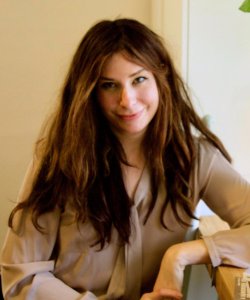
“I had made a bargain with myself that if I lived, I would give a book of what I learned back to the world in return—an act of gratitude and sometimes vengeance—and I made it.” —Anne Boyer, author of The Undying
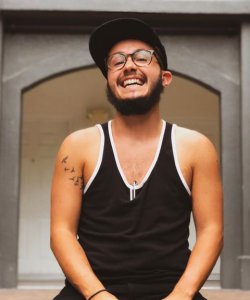
“Nearly everything about writing a book is hard. The hope is that it’s harder, in some way, not to.” —Oliver Baez Bendorf, author of Advantages of Being Evergreen
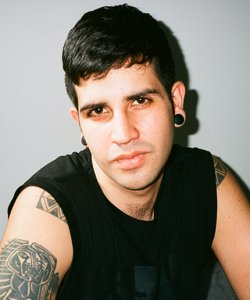
On September 4 hundreds of poets and writers will come together to raise funds for detained and formerly detained migrants in the United States.

“Sometimes the discourse on disability infringes on my imagination.” —Jillian Weise, author of Cyborg Detective

“I’ve learned that writing is not for the impatient.” —Crystal Hana Kim, author of If You Leave Me
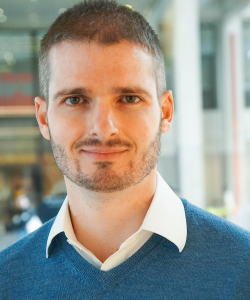
“I ride a commuter train forty minutes each way to work. That’s when I write. Having to come to the page twice a day for short bursts gets me writing very fast; there’s very little wasted time. I’ve never been so productive in my life.” — Jonathan Vatner, author of Carnegie Hill

Ben George, a senior editor at Little, Brown who works with some of the biggest names in literary fiction and nonfiction, talks about the author-editor relationship, the plight of the midlist writer, and the art of revision.

Contributors to the anthology Indelible in the Hippocampus discuss some of their thoughts on the current state of the #MeToo movement and their experiences writing on the topic.
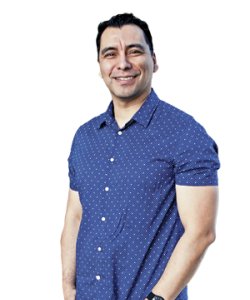
Manuel Muñoz, the new director of the MFA program at the University of Arizona, discusses his new role, healthy creative environments, and common missteps he sees in applications.
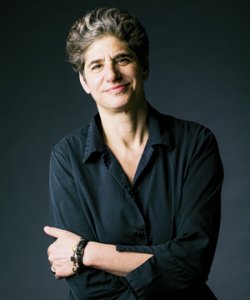
The poet discusses the journals that published pieces from her sixth collection, Nightshade.

The University of Cincinnati Press imprint publishes books of poetry and fiction that continue the successes of its affiliated literary journal, the Cincinnati Review.

Publishing insiders weigh in on the challenges facing the U.S. bookstore chain, which was sold to a hedge fund in June for $683 million.
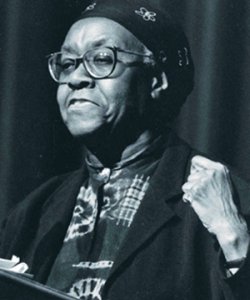
The nation’s oldest academic center dedicated to preserving Black poetry celebrates its twenty-fifth anniversary.
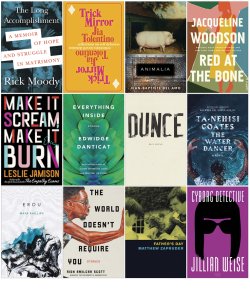
The first lines of a dozen noteworthy books, including Everything Inside by Edwidge Danticat and Make It Scream, Make It Burn by Leslie Jamison.

How do you handle research? How indebted do you feel to stick to the historical record? Two novelists discuss their experiences researching, imagining, and depicting earlier times.

The Merwin Conservancy will become the official owner and steward of the garden that poet W. S. Merwin nurtured for more than forty years.
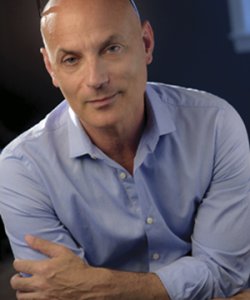
One of the most prominent and liveliest critics in the United States discusses whether or not literary criticism can be taught, the value of negative criticism, and more.

“Throw pencils, get mad, take a walk. Swear off poetry, read a chapter of a post-apocalyptic novel, wash the dishes. Feel better? Back to writing.” —Karen Skolfield, author of Battle Dress
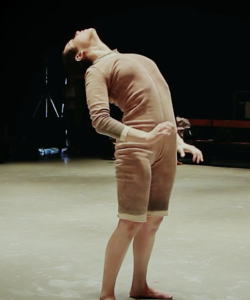
The author of the story collection Black Light finds the best writing lessons in the most unlikely places.

We return to certain novels not only to be enchanted and inspired, to be transported out of ourselves, but also to know ourselves more deeply.
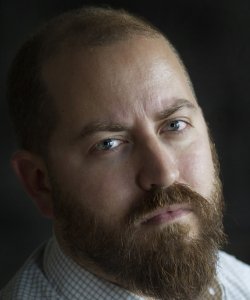
“Writers are artists, which means that...we have to work hard to protect our creative time, our imaginations, in the midst of all the other parts of our lives.” —Jess Row, author of White Flights

The author of Black Light explores the pleasures of cutting a manuscript down to size.
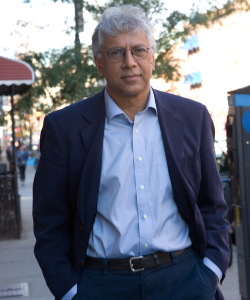
The storied publication has announced that Pulitzer Prize–winning poet Vijay Seshadri will serve as its twelfth poetry editor.
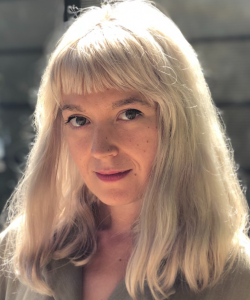
“Debt is the last thing writers need, and the least helpful aid to actual real-life writing.” —Sarah Elaine Smith, author of Marilou Is Everywhere